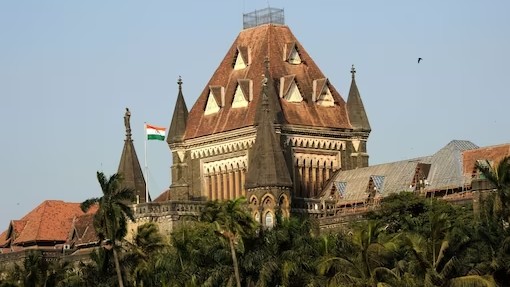Mumbai: The Bombay High Court on Friday questioned whether a domicile certificate is mandatory for hawkers in Mumbai.
A bench of Justices Ajey Gadkari and Kamal Khata observed that those conducting business on the streets must possess one. “You must have a domicile certificate. Not anybody can come and do business (hawking). As other states require domicile certificates, so should this state,” the bench remarked.
The court was hearing petitions challenging the Town Vending Committee (TVC) elections, where over 70,000 verified voters were allegedly excluded, leaving only 22,000 in the final electoral list. The judges noted that the crux of the issue was the exclusion of a large number of verified voters. They also inquired whether a uniform hawking policy existed across states.
BMC counsel Kevic Setalvad argued that the petitions were based on the premise that the 2014 electoral list was flawed. The TVC elections were conducted on August 28, 2024, but were challenged before the Supreme Court, which ordered that the results remain subject to the outcome of the current petition and directed the BMC not to declare them.
Advocate Mihir Desai, appearing for the hawkers’ union, contended that the 2014 list was based on a survey of hawkers present on that specific day, as mandated by the Street Vendors (Protection of Livelihood and Regulation of Street Vending) Act, 2014. “The TVC should also consist of elected hawkers. It was a chicken-and-egg situation. The High Court had earlier directed reliance on the 2014 list for last year’s elections,” Desai said.
He pointed out that out of 1.23 lakh surveyed hawkers, 99,000 were deemed eligible. However, only 22,000 names were included in the final voting list.
The court questioned the rationale behind the decreasing number of hawkers in every election cycle. It asked whether fresh elections could be conducted by incorporating all eligible hawkers, given that ten years had passed. “We will say, include the names of all eligible hawkers. There were hawkers who said they were accepted as legitimate but not eligible,” the bench observed.
The judges clarified that they were only targeting illegal hawkers. “Channelize your resources. Nobody wants to face this problem every day (illegal hawking menace). Everybody wants to conduct business as per law,” said Justice Gadkari.
Desai argued that the BMC excluded hawkers from the electoral list on four grounds, one of which was domicile—requiring 15 years of residence in Maharashtra to obtain a legal hawking license. Other exclusions were for those engaged in other businesses, those with additional sources of income, and non-Indian residents. He asserted that the BMC did not provide specific reasons for reducing the list from 99,000 to 22,000.
The court asked Setalvad how long it would take if the entire process were to be redone. “Every person’s details will be taken… of all those who want to do business on the streets,” remarked Justice Gadkari.
The court also raised concerns about selective enforcement. “You can’t have pick-and-choose policies. We also move around and see what’s happening. How are they getting electricity connections?” the judges asked, emphasizing the need for timely resolution.
Setalvad acknowledged the challenges and assured the court that the authorities were addressing them. The HC has scheduled the matter for further hearing on February 24.
The Street Vendors Act, 2014
The Street Vendors (Protection of Livelihood and Regulation of Street Vending) Act, 2014 mandates the constitution of a Town Vending Committee (TVC) within six months. However, Mumbai has not established one for over a decade. The Act was introduced to regulate street vendors, identify authorized and unauthorized hawkers, and issue licenses.
